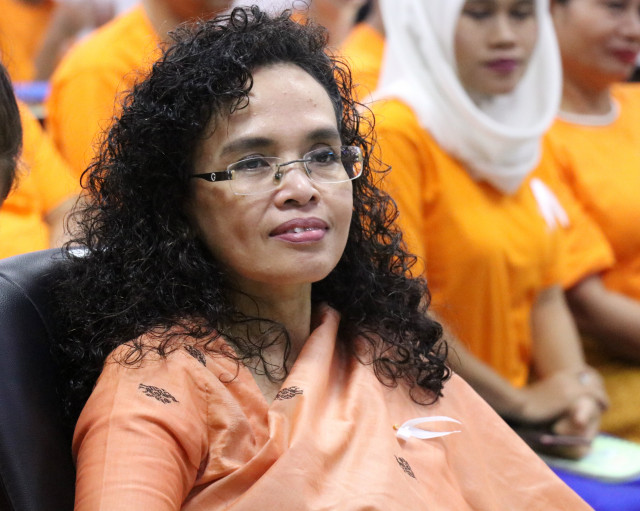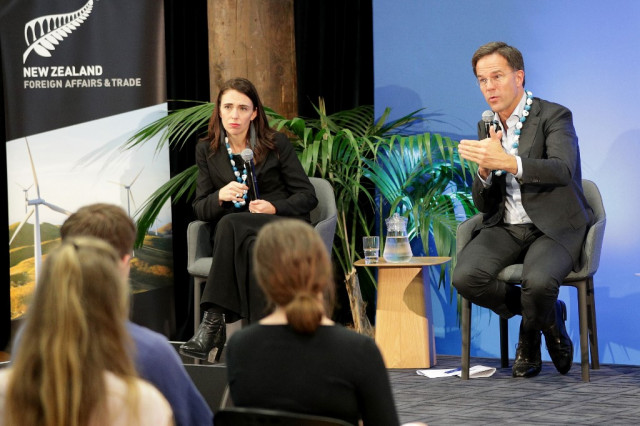Provisional Results of the 2019 Census raise hopes of brighter development prospects for Cambodia

- Rizvina de Alwis
- August 31, 2019 8:09 AM
The provisional results of the 2019 Census, the third decennial census to be conducted in Cambodia since 1998, raise hopes of brighter development prospects for the country.
This Census adds to the previous three censuses in building a solid database which the Royal Government of Cambodia can use to pursue its development objectives for the betterment of all Cambodians.
The Royal Government of Cambodia will now be able to formulate evidence-based policies on the basis of current data, increasing the likelihood of forging a development path that is more equitable and responsive to the needs of the country.
The preliminary release of the 2019 census results has been limited to broad demographic indicators. However, while awaiting the release of updated socio-economic data collected under the Census, the basic demographic data provide an indication of how, with better planning, Cambodia can well embark on the road to more rapid development in the years to come.
According to the 2019 Census, the population of Cambodia stands at 15,288,489, an increase of 1,892,807 persons over the period 2008 to 2019. This means an increase of 14.1 per cent or an average annual growth rate of 1.2 per cent.
The growth rate, however, has dropped consistently since the turn of the century from 2.1 per cent in 1998 to 1.5 percent in 2008. This has been the result mainly of a decline in fertility and increased out-migration especially to the neighbouring countries.
The decline in fertility represents a remarkable policy achievement as it has resulted not from imposing limits or specifying on the number of children a woman can have, but by allowing the freedom to choose the number of children a woman wants to have by increasing women’s education, by providing greater access to quality reproductive health services including family planning, and by empowering women to make informed decisions.
Cambodia is a staunch advocate of reproductive rights. This is echoed largely through its national policy frameworks, especially the National Population Policy 2016-2030 which is in line with the principles of the revolutionary Programme of Action that emerged from the 1994 International Conference on Population and Development (ICPD) which emphasizes the right of women and couples to freely decide whether, when and how many children to have.
The declining fertility rates confirmed by the provisional Census results provide Cambodia with an extended period of a demographic dividend where a greater proportion of the population is in the working-age against a diminishing total dependency ratio of children and older non-working persons.
It is a potential opportunity for a country to accelerate its economic growth through investment in education, health and economic opportunities as more and more resources are freed due to a lower dependency ratio.
When fertility declines families start having fewer dependent children. The resulting increase in the ratio of the working age population relative to the dependent population (children and the elderly) gives the country an impetus for accelerated economic growth and overall development. With more people working, they produce more as a country.
With more workers who now invest more in their children’s health and education without necessarily increasing family budgets – as they have fewer children than their ancestors - more money is saved for investments in the future.
For a country to take advantage of this new change in the age-structure and truly benefit from its demographic dividend, it must ensure investment in human capital development.
This means ensuring that the larger labour force is well-educated, skilled and gainfully employed, and that gender biases and other forms of inequalities are addressed.
This means conducting national campaigns for the public, particularly for parents to keep children in school and in good health by investing in their children’s well-being while the government continues to provide quality public services in education and health.
And this means fostering a more conducive environment for scaling up investment, including for domestic and foreign direct investment in health, education, job creation, governance and women’s empowerment to realize accelerated economic growth and sustainable development that is inclusive and equitable.
As Cambodia moves toward achieving its ambitious goal of becoming a high middle income country by 2030, the new and updated data from the census will provide the Royal Government of Cambodia the opportunity to further strengthen its rights-based national population policy and make further strategic and prudent development policies, taking into consideration the evolving demographics of the country in achieving sustainable development that benefits all Cambodians.
In this, the 25th anniversary year of the ICPD Programme of Action, the 2019 Census is a timely reminder that putting rights and choices at the centre of sustainable development is essential in realising the vision of ICPD which, in turn, is essential in fulfilling the pledge of the 2030 Sustainable Development Agenda – to ultimately leave no one behind.
Rizvina de Alwis is the UNFPA Representative in Cambodia. UNFPA, the UN’s sexual and reproductive health agency, is convening the ICPD25 Nairobi Summit in November, together with the governments of Kenya and Denmark.
By Rizvina de Alwis (Ms) UNFPA Representative to Cambodia















